.webp)
Nestlé
This timeline represents over 150 years of Nestlé, from Henri Nestlé’s life-saving infant formula to today’s global food and beverage empire spanning 197 countries and employing over 339,000 people worldwide.
.webp)
August 10: Heinrich Nestle (later Henri Nestlé) is born in Frankfurt am Main, Germany, the eleventh of fourteen children.
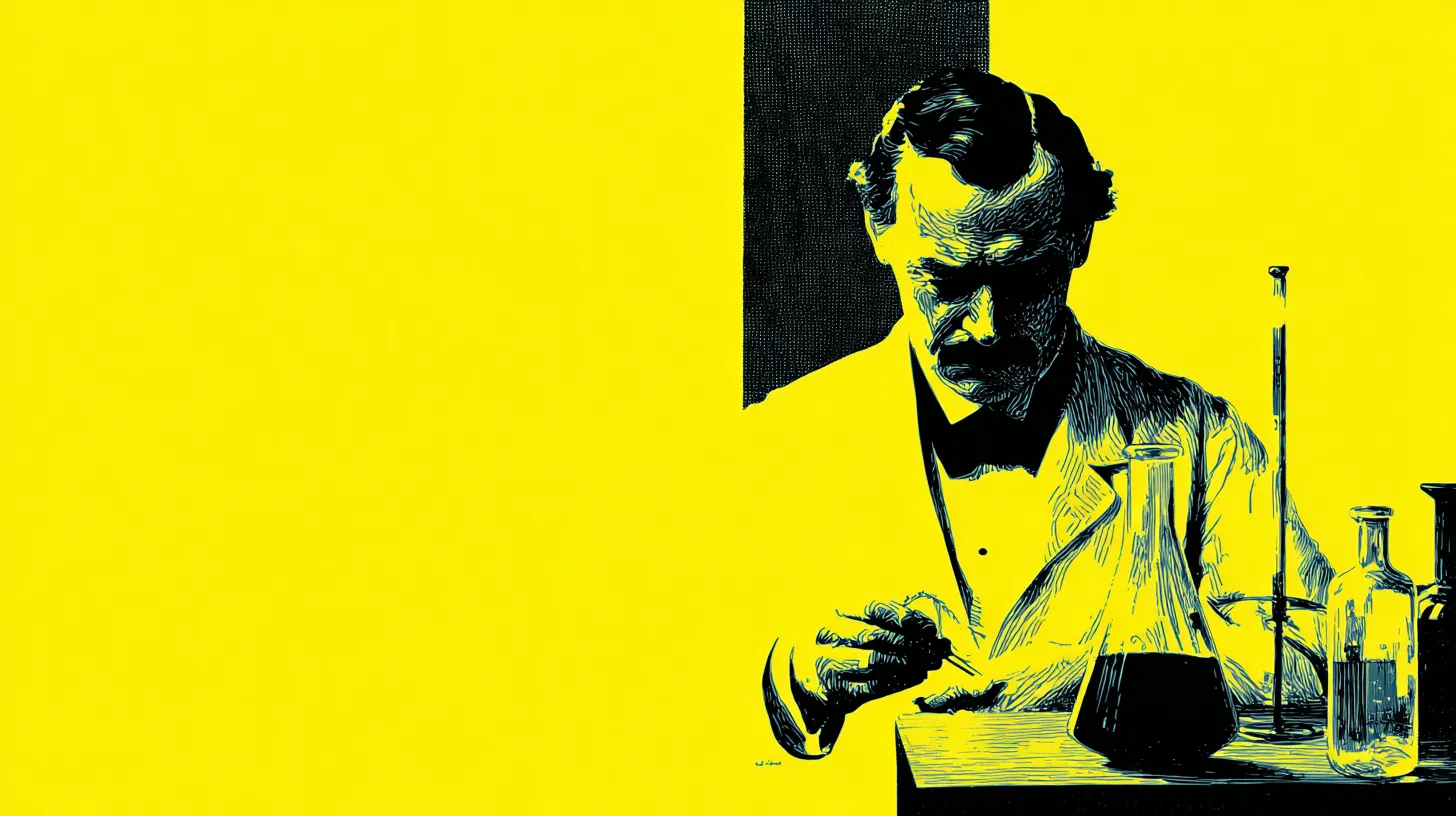
Henri Nestlé works as a pharmacist’s assistant in Vevey, Switzerland. His training in chemistry shapes his attitude and future approach to business.
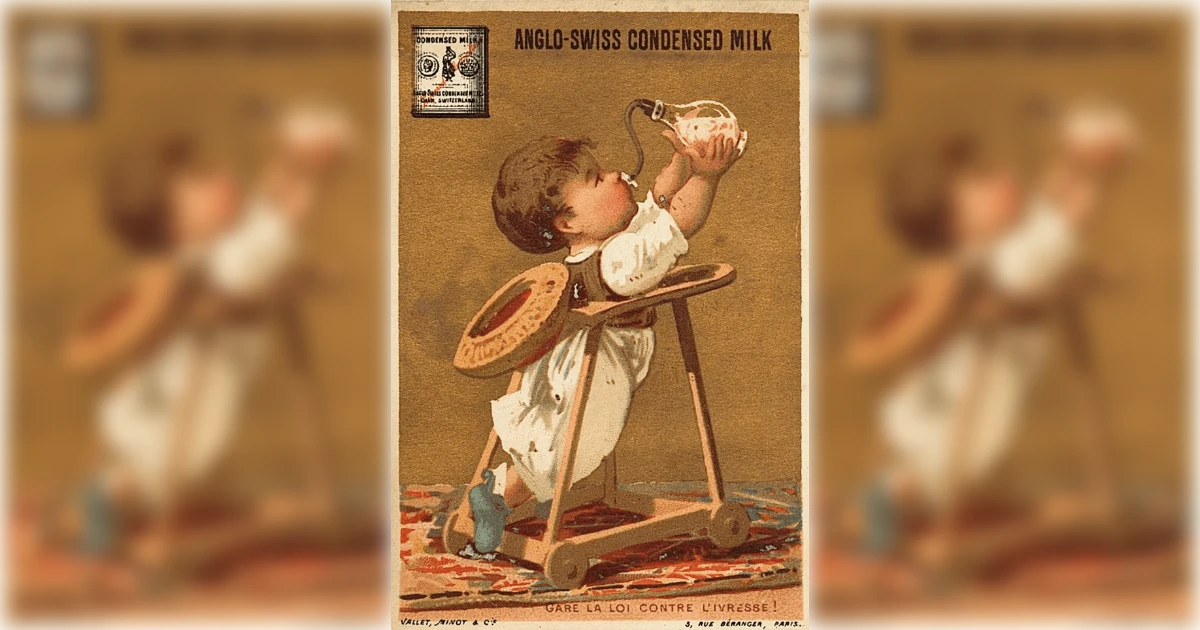
US brothers Charles and George Page establish the Anglo-Swiss Condensed Milk Company in Cham, Switzerland, using fresh milk to establish Europe’s first production facility for condensed milk.

THE BREAKTHROUGH: Henri Nestlé develops his revolutionary infant formula called “Farine Lactée” (Milk Flour). During testing, he feeds his formula to a days-old infant who was extremely ill and not expected to live. The baby recovers, and news spreads rapidly.
The product came on the market in 1867 as water-soluble ‘children’s flour.’
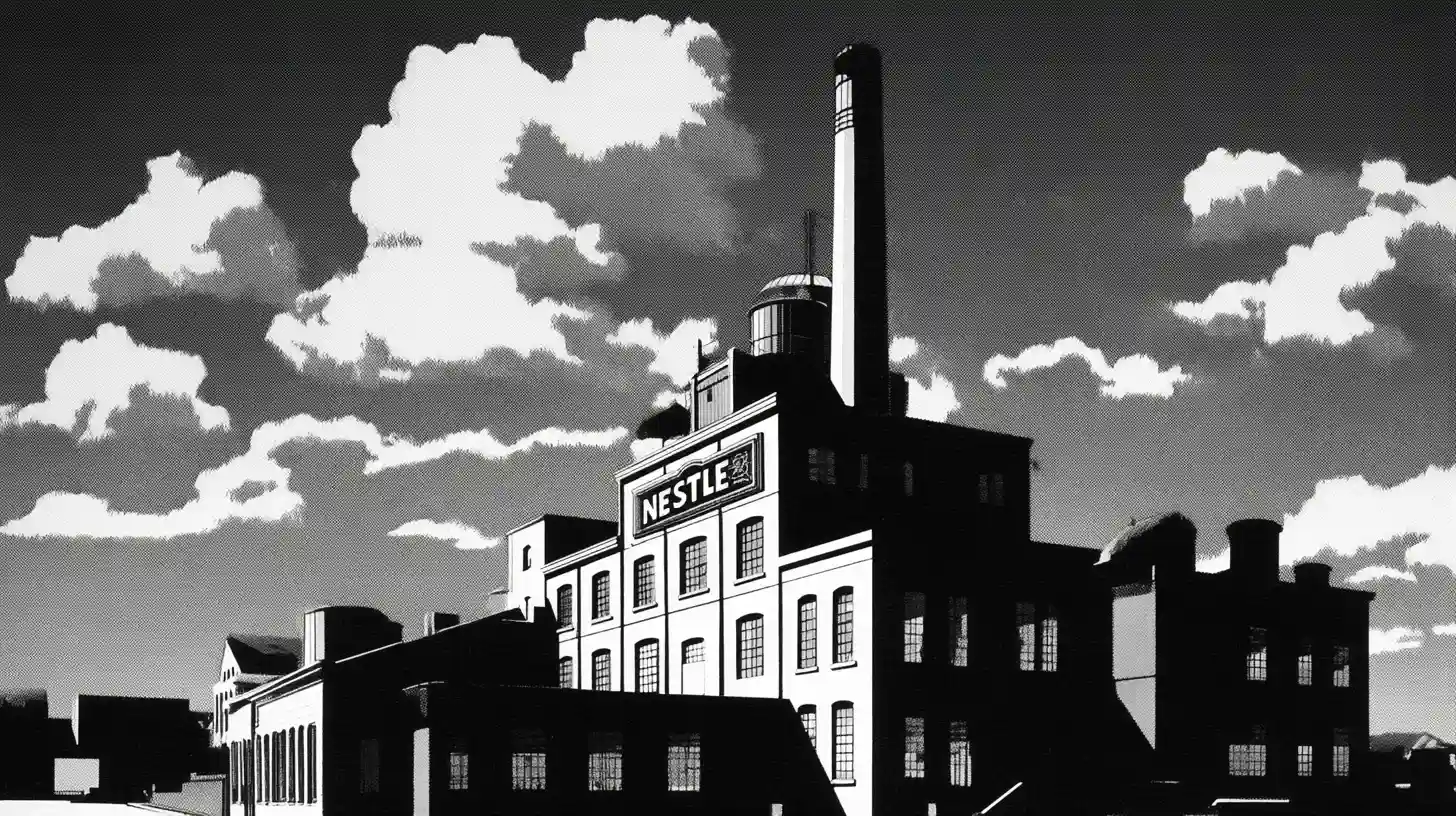
Eight thousand six hundred tins of Farine Lactée are produced in 1868, 670,000 in 1874, and over a million in 1875.
By 1874, just seven years after launch, 18 countries had their own distribution network and local Nestlé agents.
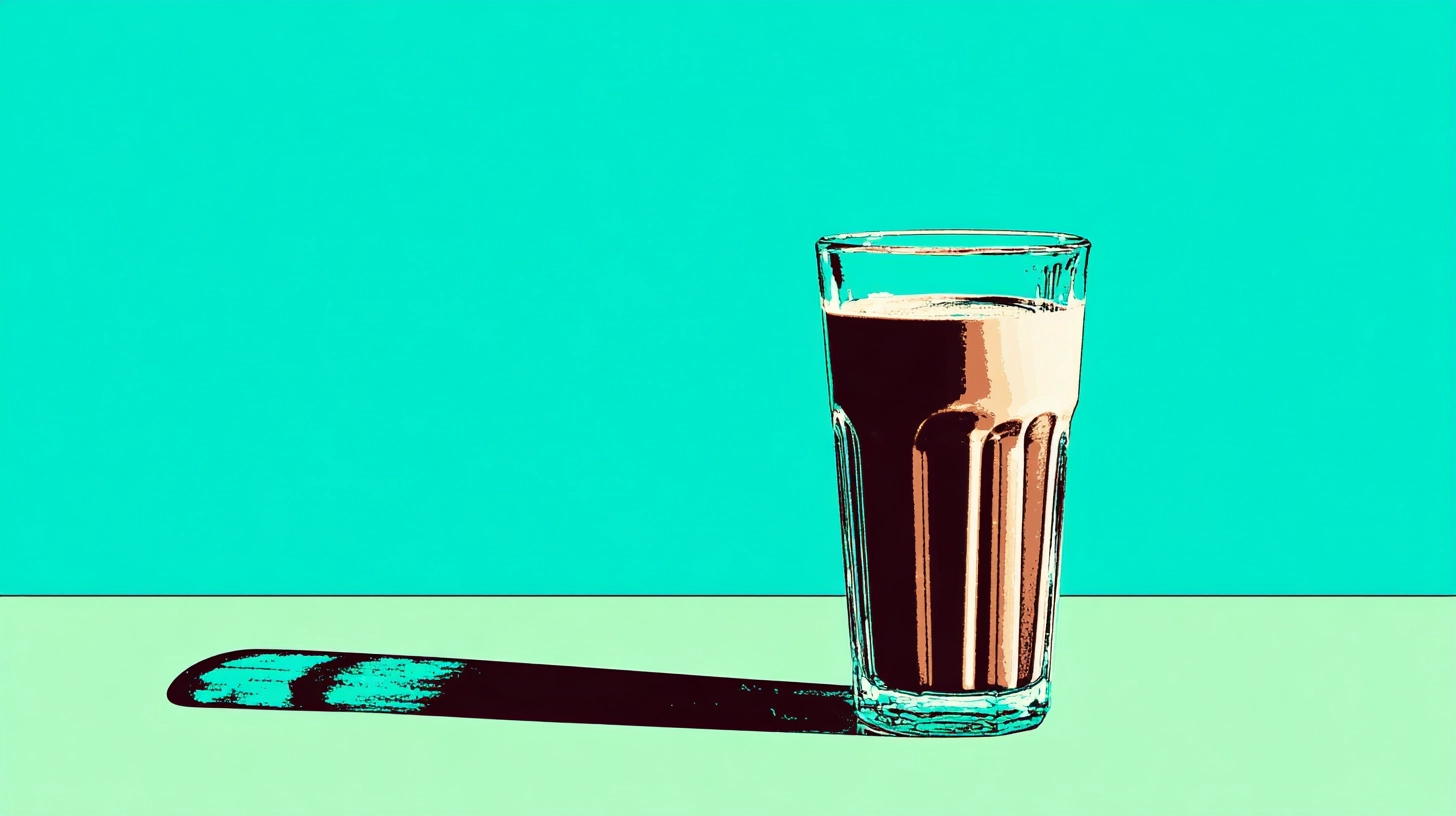
Henri Nestlé plays a key role in milk chocolate development by supplying his Vevey neighbor Daniel Peter with condensed milk, which Peter uses to develop the first commercial milk chocolate in the 1880s.
Company Sale: Henri Nestlé, now in his 60s, sells his company and factory in Vevey to three local businessmen for a significant profit.
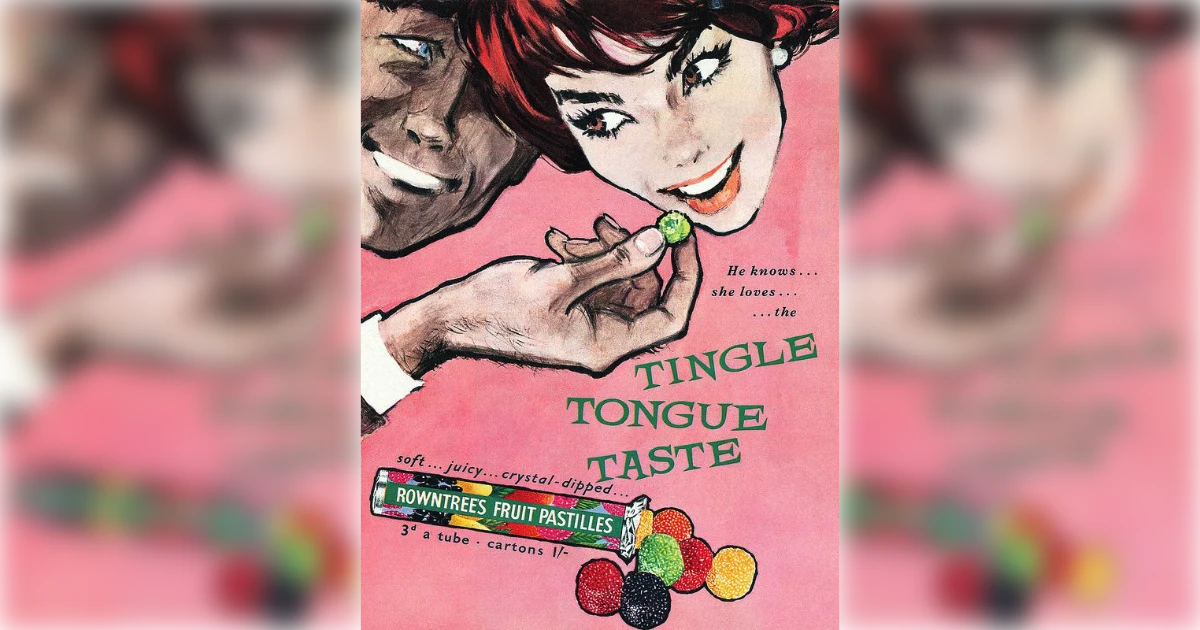
Rowntree's introduces Fruit Pastilles, accounting for 25% of the company’s tonnage by 1887 (acquired by Nestlé in 1988).
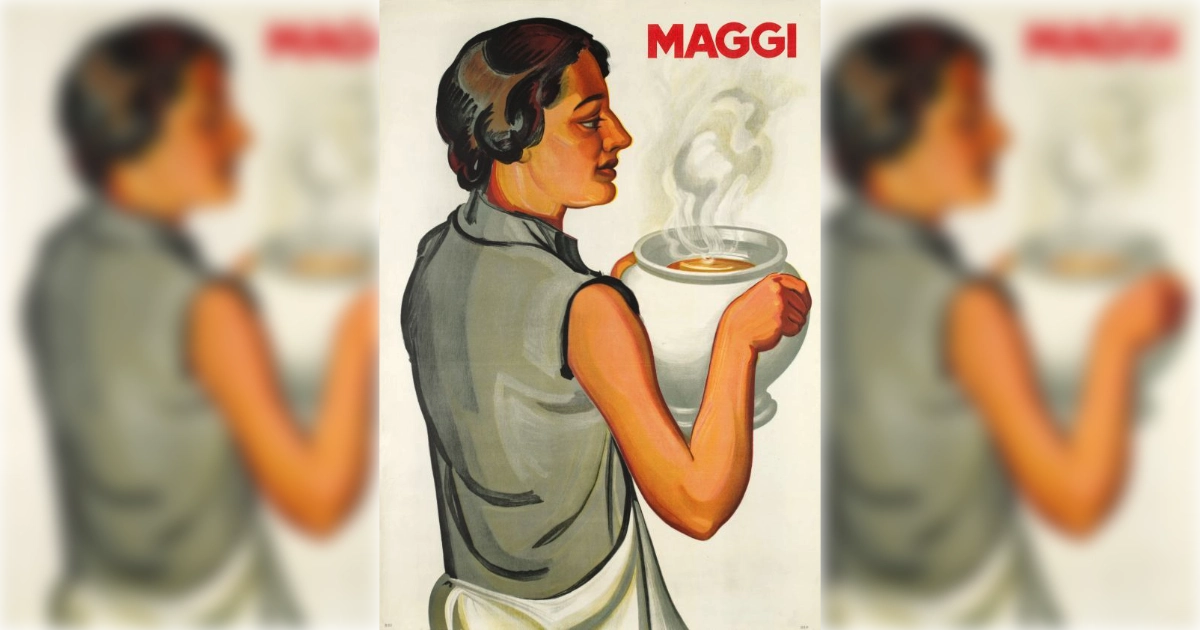
Julius Maggi develops protein-rich dried soup to tackle malnutrition, founding what becomes the Maggi brand (acquired by Nestlé in 1947).
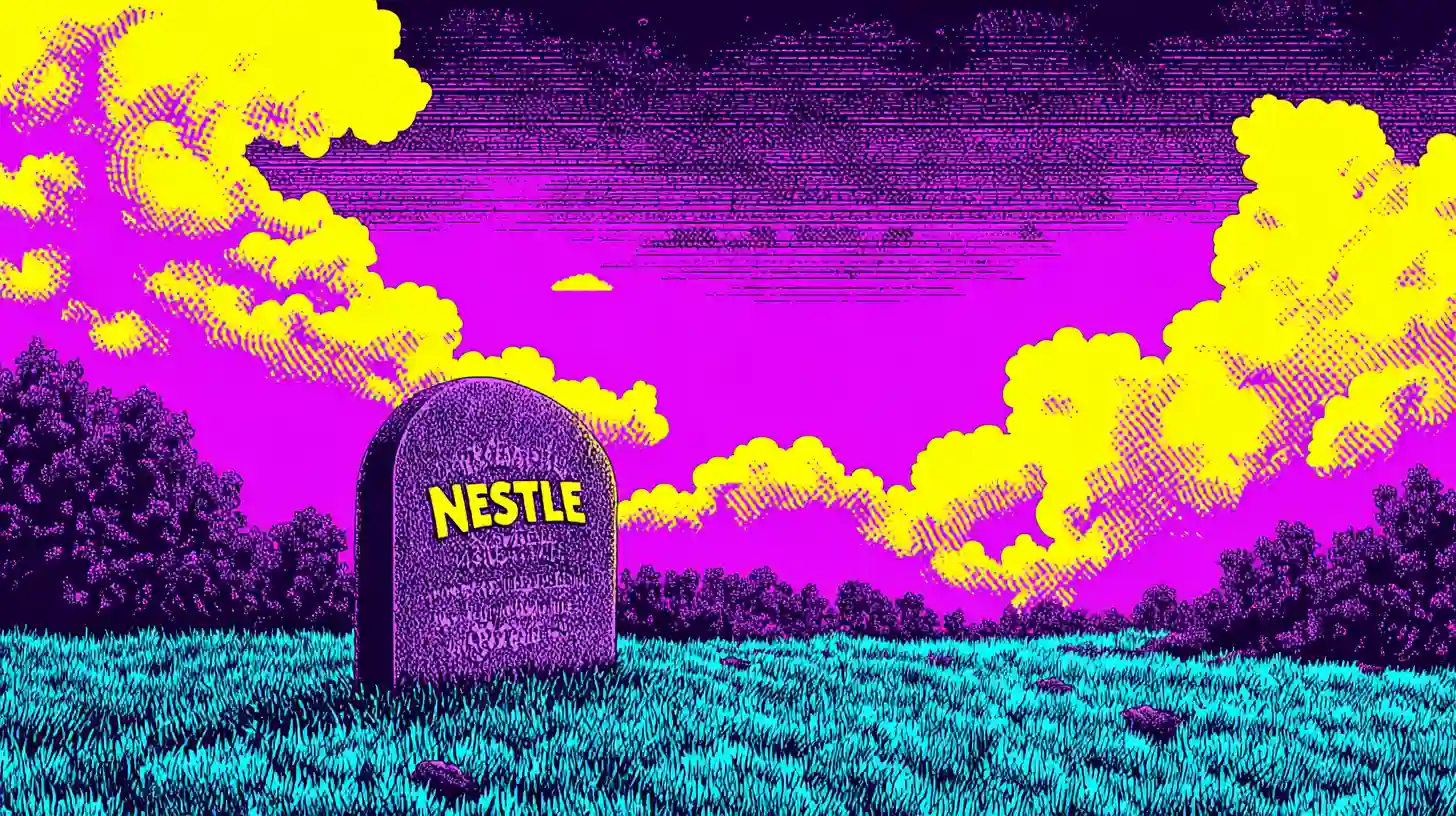
July 7: Henri Nestlé dies at home in Glion after a short illness.
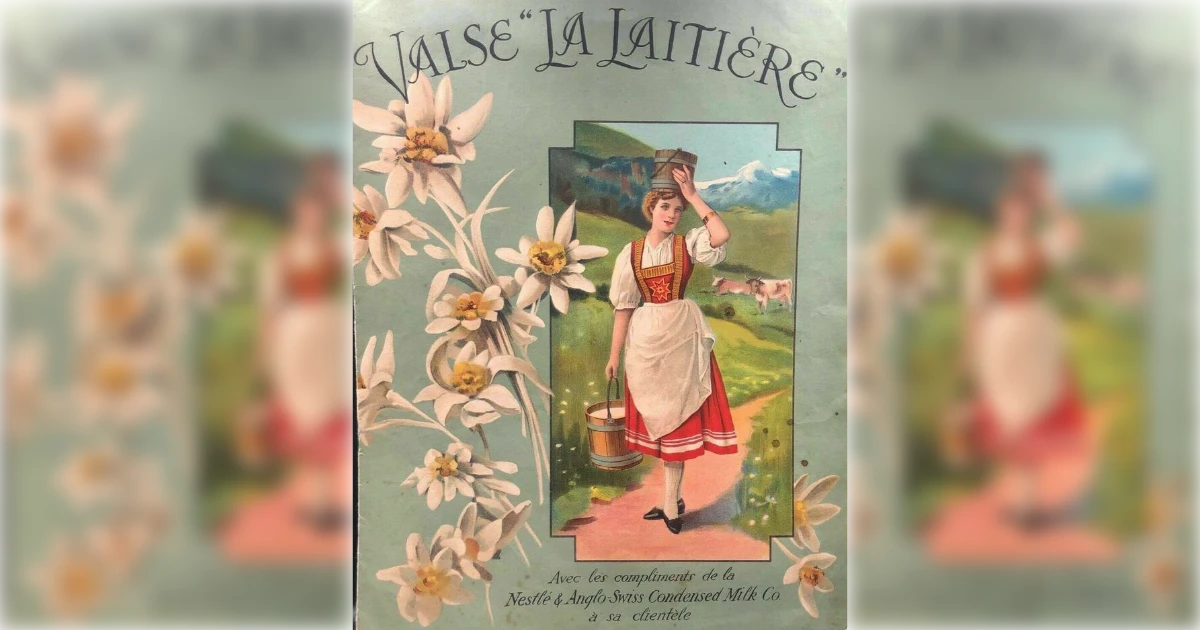
Historic Merger: Nestlé and Anglo-Swiss merge to become the Nestlé and Anglo-Swiss Condensed Milk Company.
The merged company has more than 20 factories and starts using overseas subsidiaries to establish a sales network spanning Africa, Asia, Latin America, and Australia.
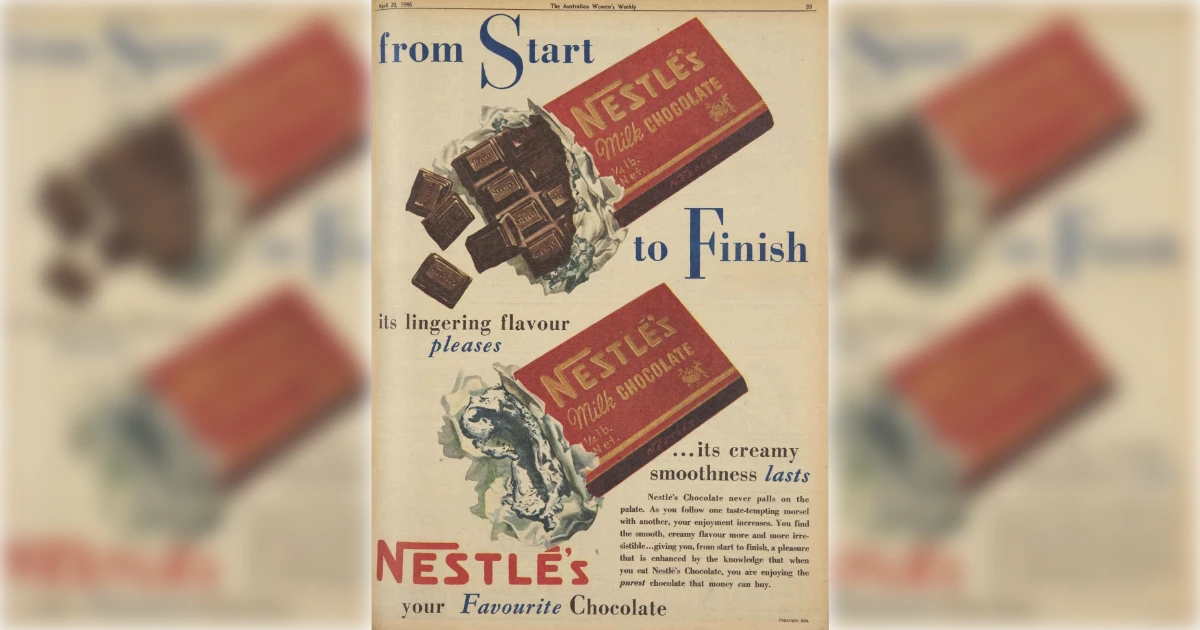
Nestlé participates in Swiss chocolate industry development, working with Peter, Kohler, and Cailler families. In 1929, Peter, Cailler, Kohler, Chocolats Suisses finally merge with the Nestlé group.
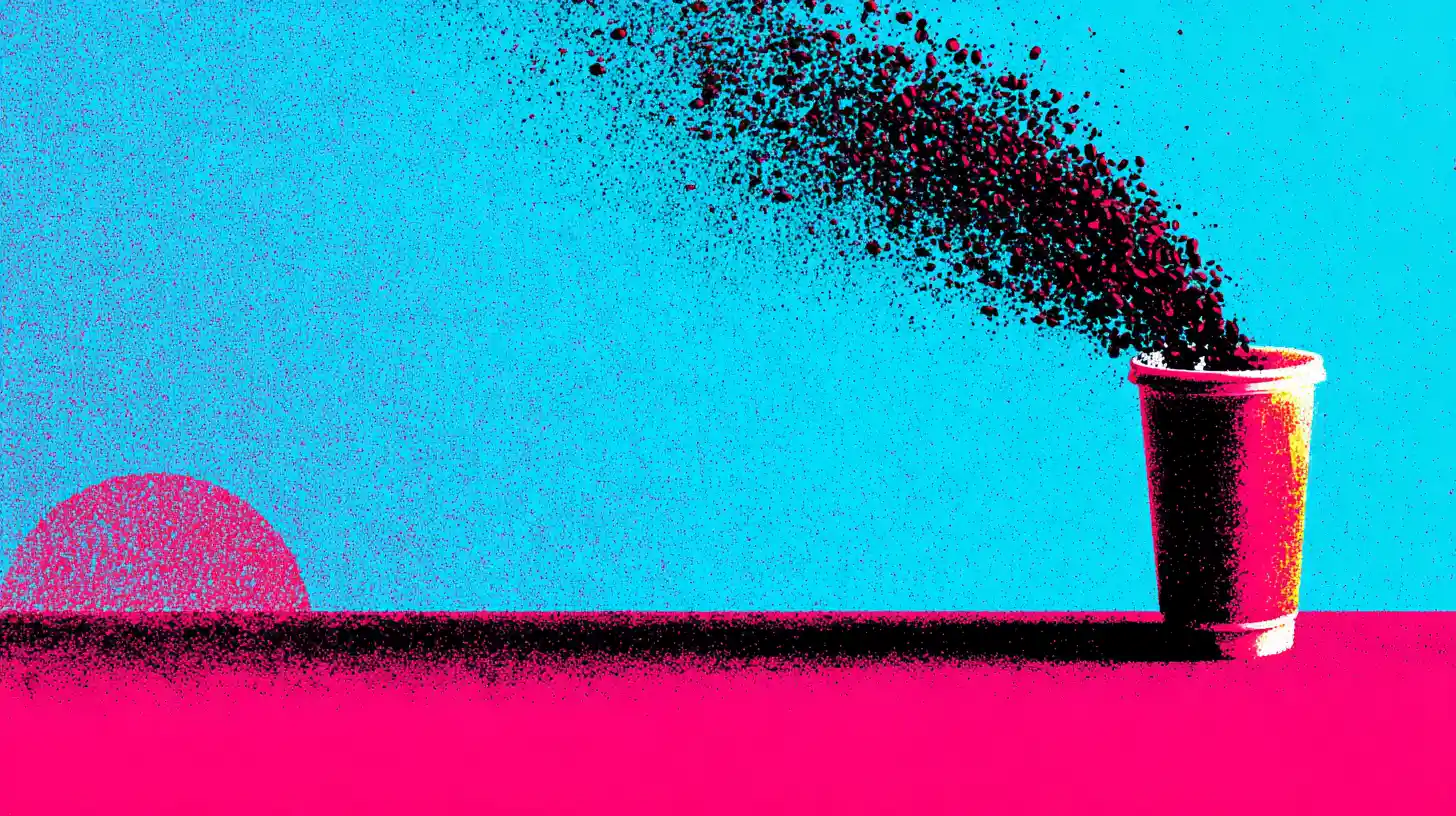
Brazil approaches Nestlé to help solve coffee surplus problems by creating instant coffee.
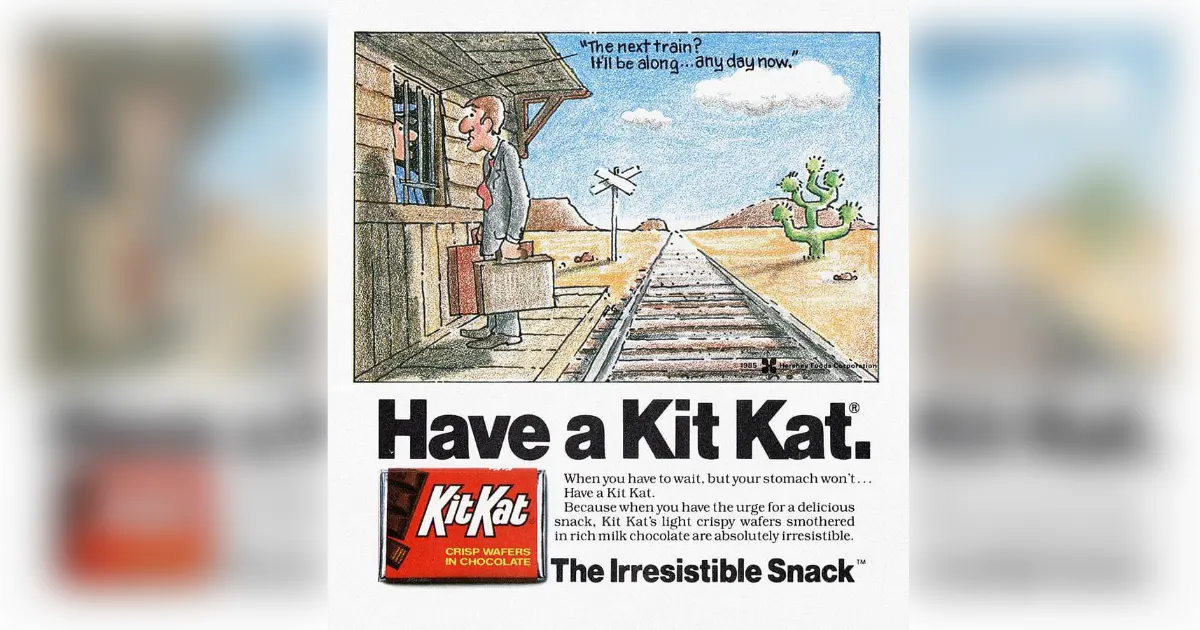
Rowntree introduces “Rowntree’s Chocolate Crisp” (later Kit Kat) in the UK on August 29, after a worker suggested “a chocolate bar that a man could take to work in his pack up.”
Rowntree launches the Aero chocolate bar.
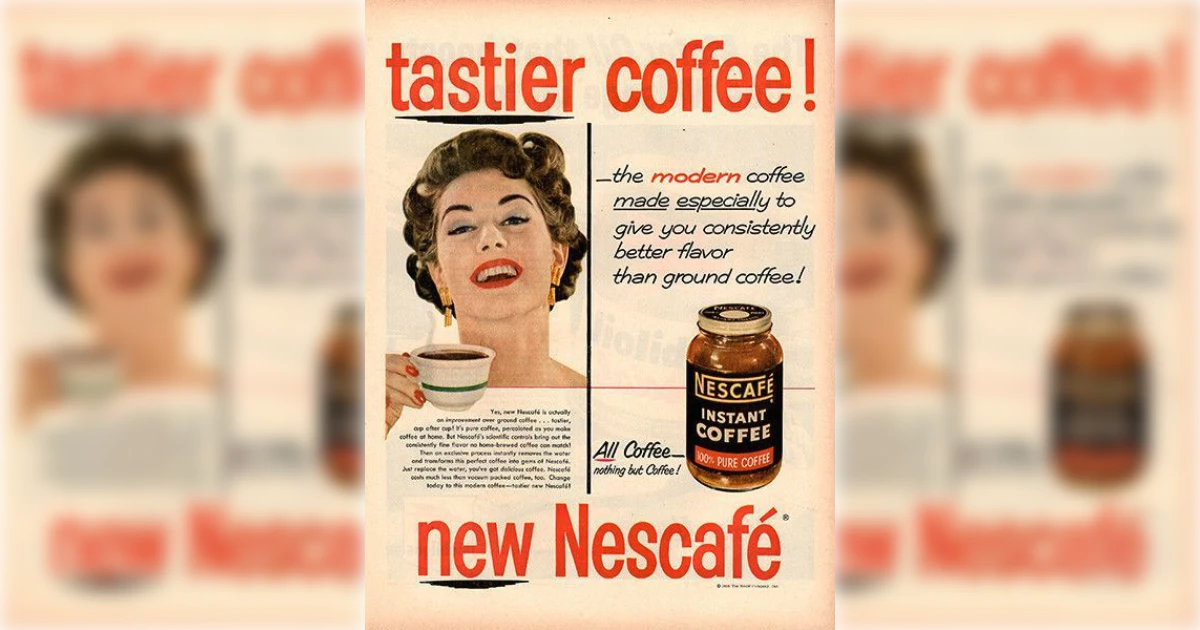
Rowntree introduces Smarties colored chocolate candies (acquired by Nestlé in 1988).
Nestlé scientist Max Morgenthaler develops a breakthrough instant coffee process after 7 years of experimentation. They call it Nescafé.
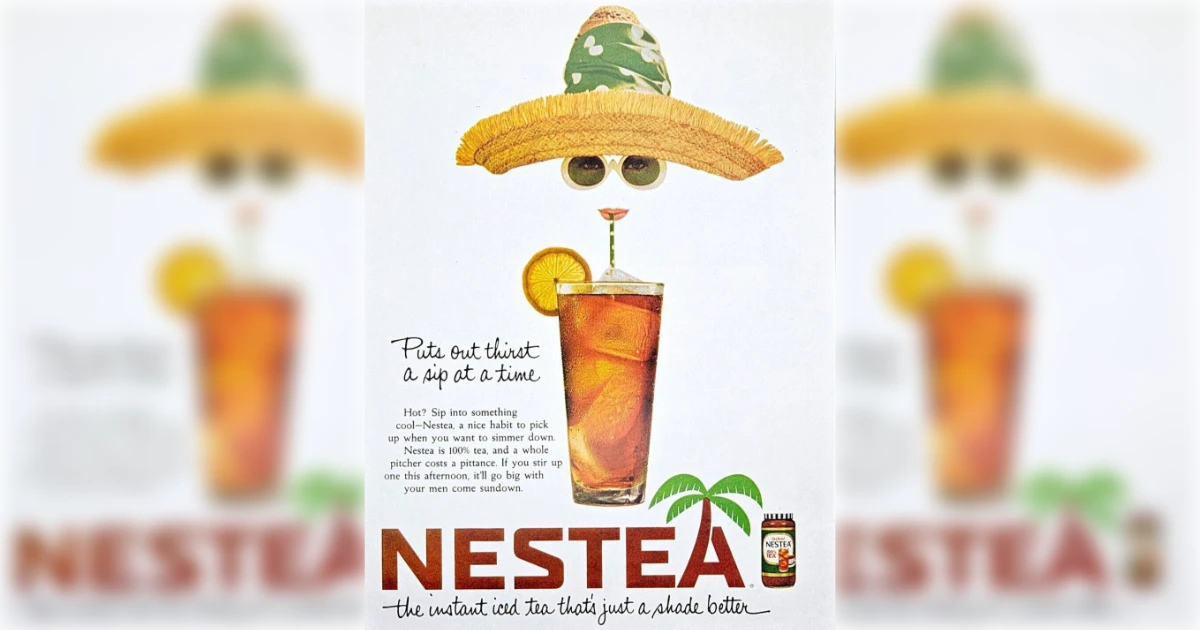
Nestlé develops Nestea instant iced tea (introduced to America in 1948).
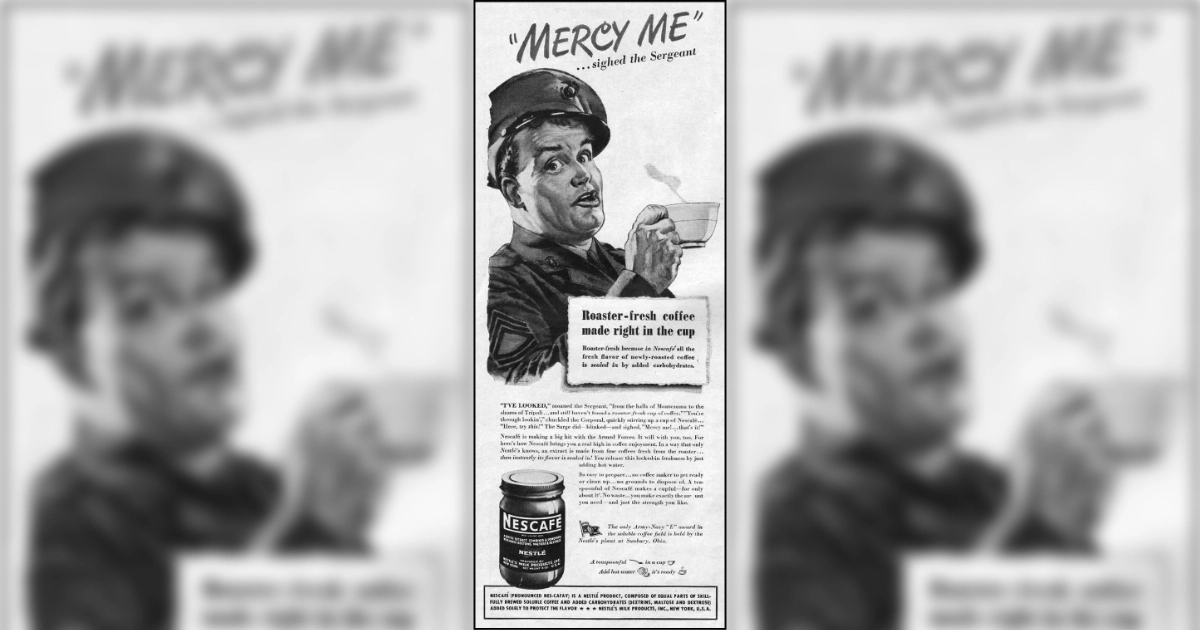
During WWII, Nescafé becomes popular with soldiers. In one year, the U.S. military buys more than one million cases —Nestlé’s entire annual output.
Kit Kat bars become a precious commodity, added to soldiers’ food parcels.
All American Nescafé production is reserved for military use.
By the end of WWI, Nestlé’s production has more than doubled due to government contracts.
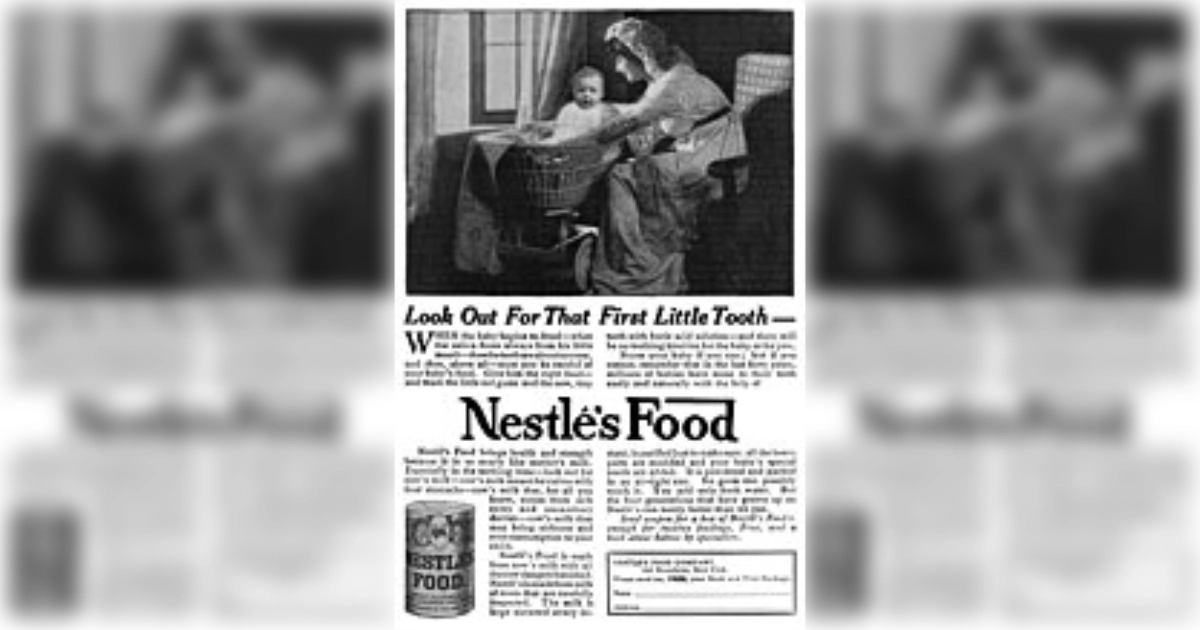
The company becomes ‘Nestlé Alimentana SA’ after acquiring Fabrique de Produits Maggi SA (founded 1884) and its holding company.
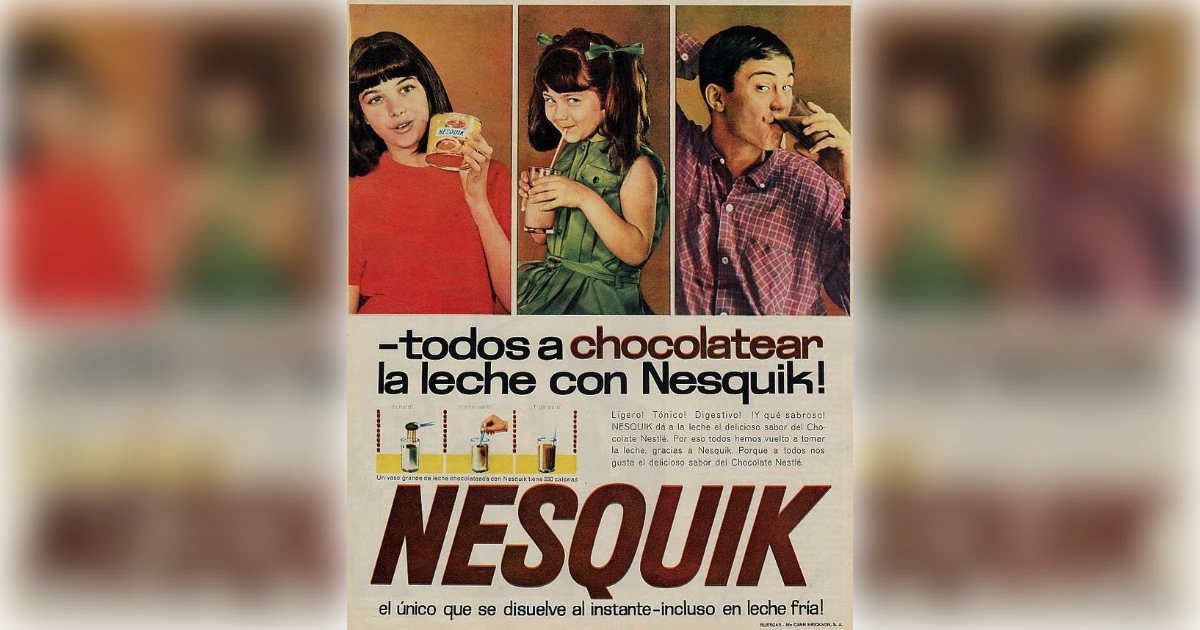
Nestlé introduces Nesquik chocolate drink mix, which dissolves easily in cold milk.
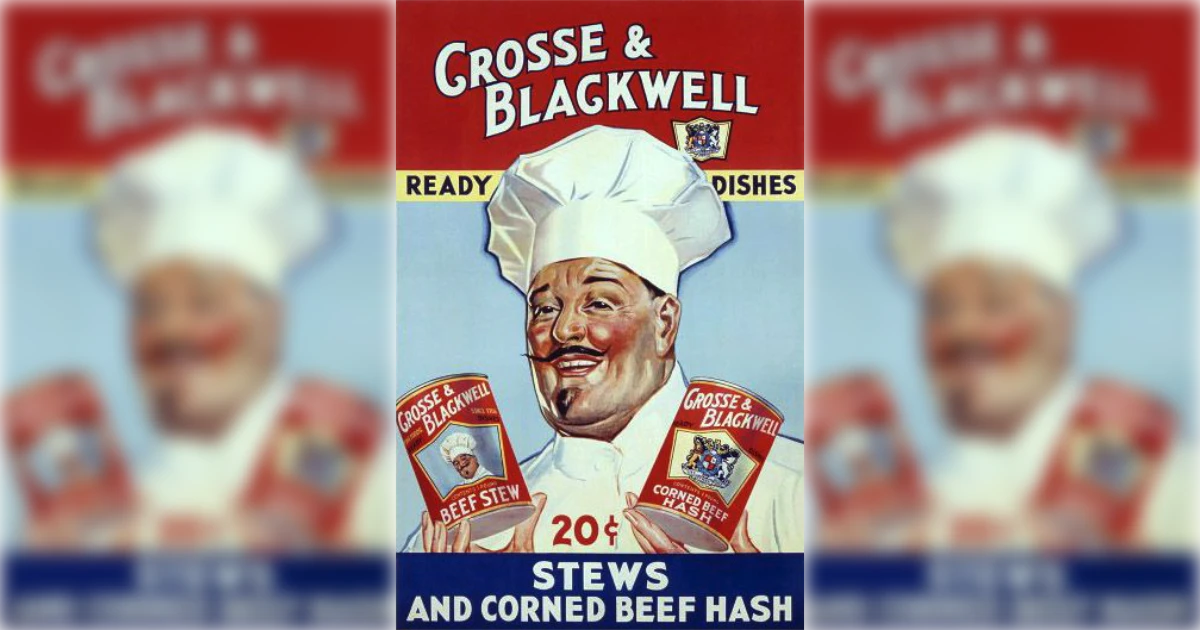
Nestlé acquires UK canned foods company Crosse & Blackwell.
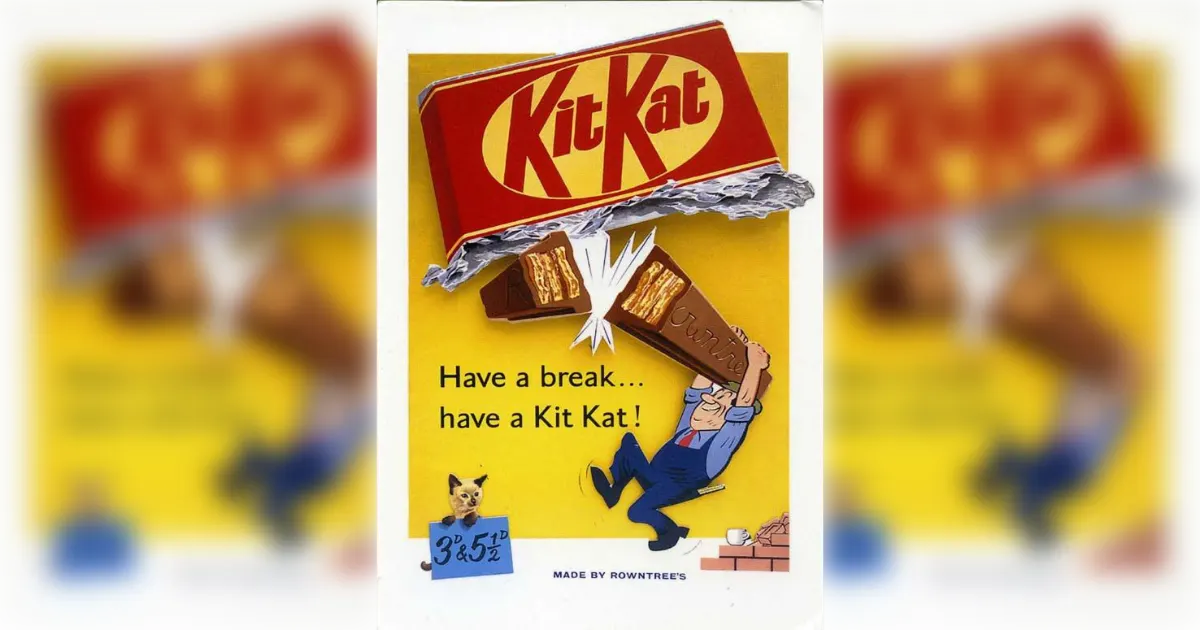
Donald Gilles at JWT London creates the famous slogan “Have a Break, Have a Kit Kat.”
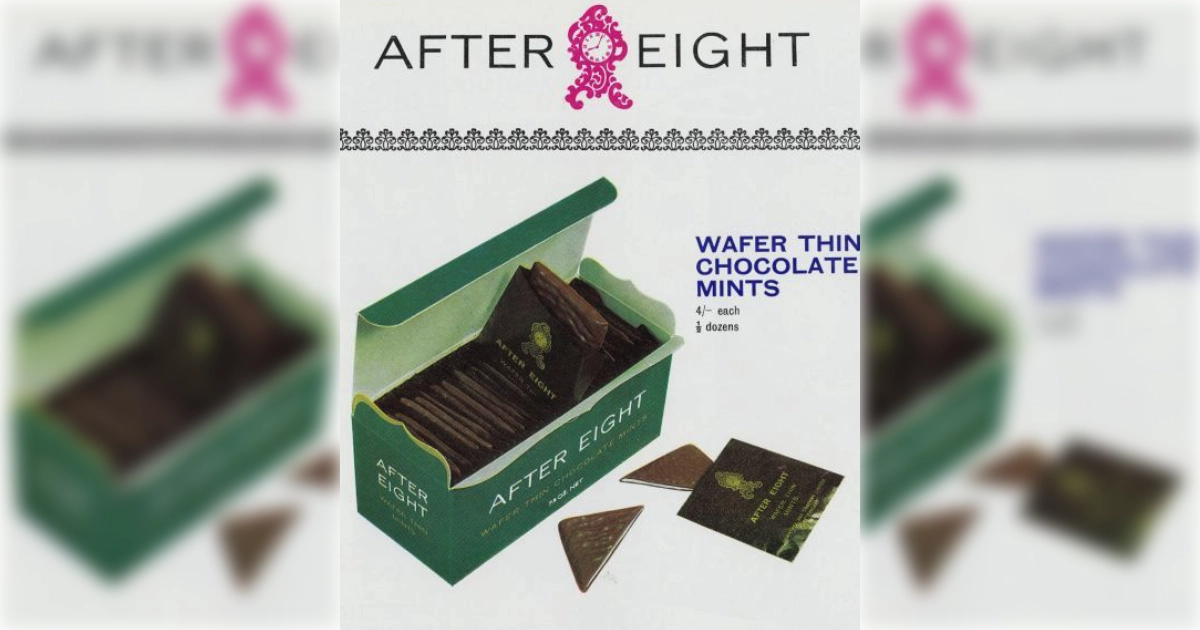
Rowntree's launches After Eight thin mint chocolates (acquired by Nestlé in 1988).
Nestlé acquires Swiss brand Frisco.
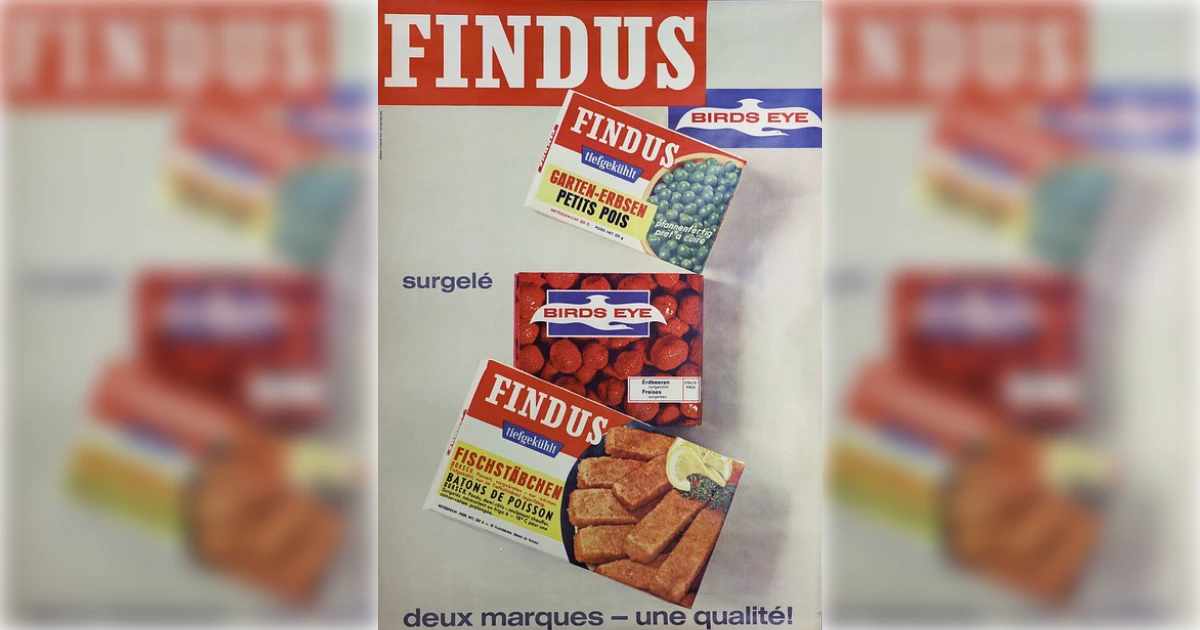
Nestlé acquires Findus frozen food brand from Swedish manufacturer Marabou.

Nestlé launches the $100,000 candy bar that will eventually become the 100 Grand Bar.
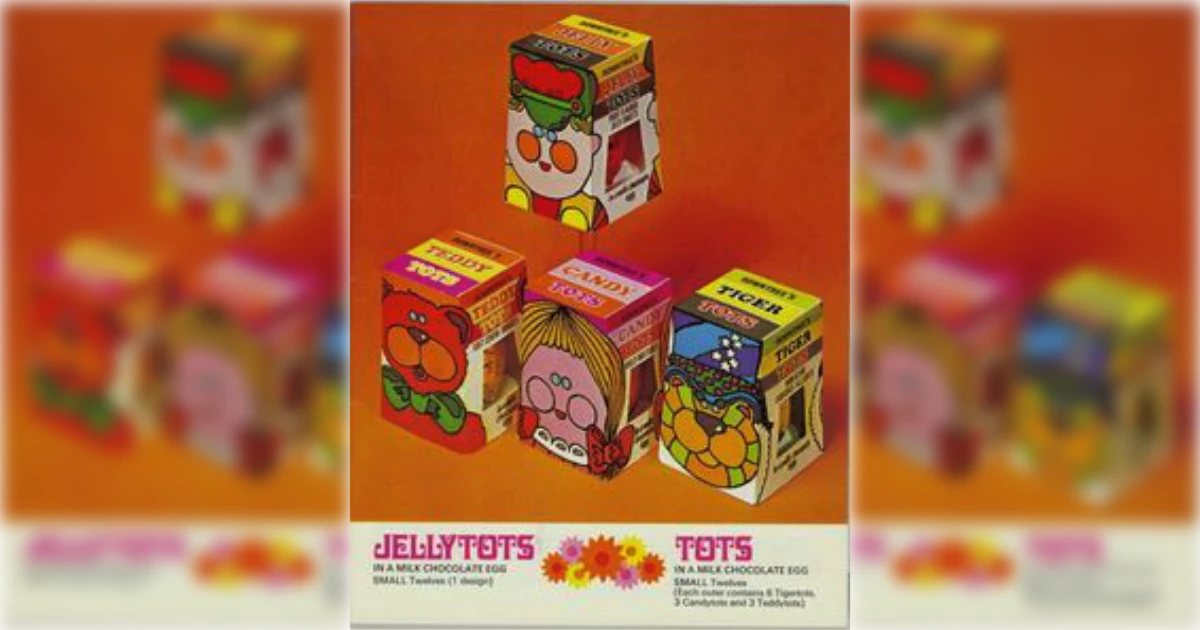
Rowntree's launches Jelly Tots, invented by Dr Brian Boffey of Horsforth, Leeds (acquired by Nestlé in 1988).
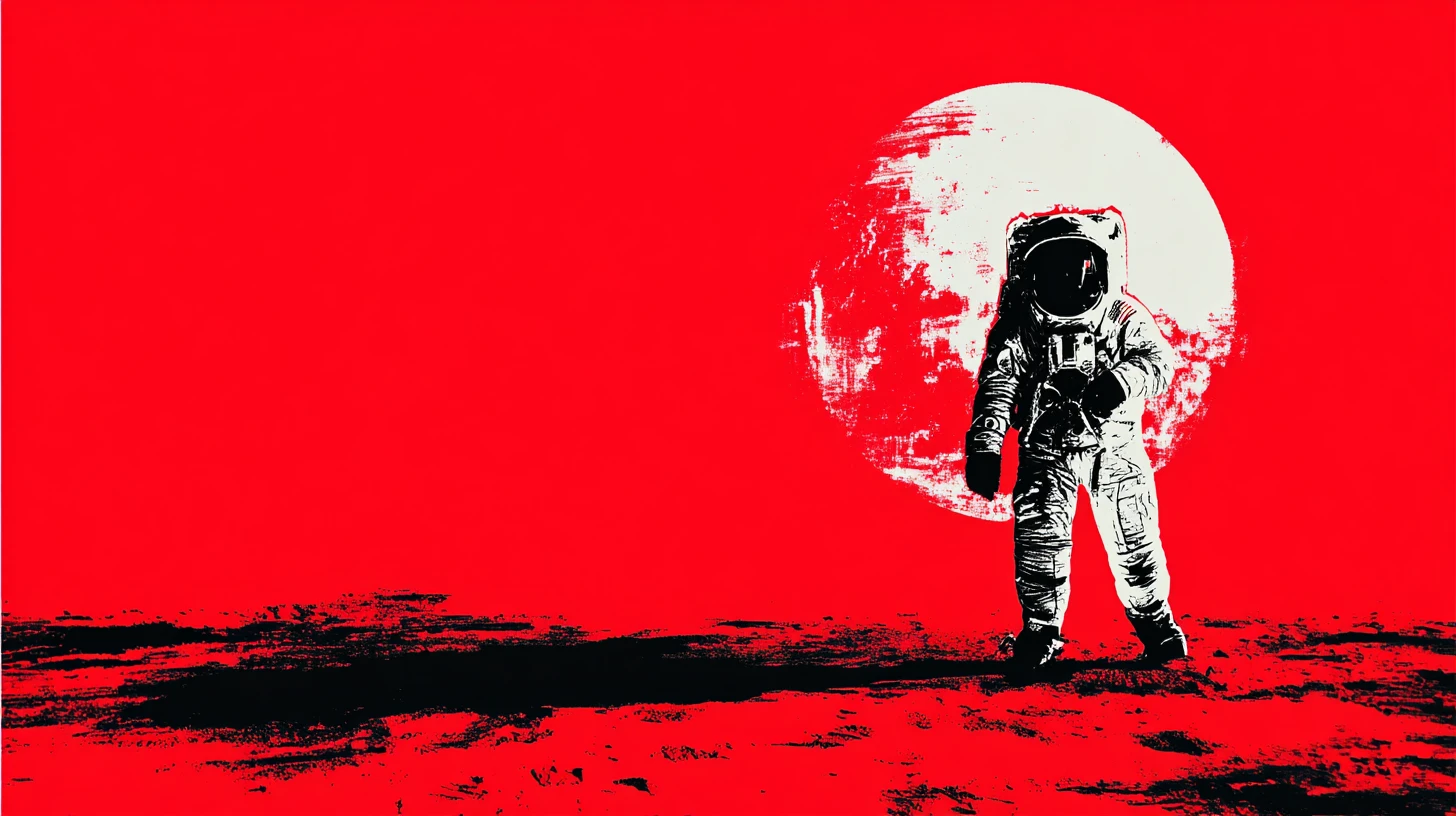
Nescafé joins the crew of Apollo 11—Neil Armstrong, Buzz Aldrin, and Michael Collins—becoming the first coffee to land on the moon.
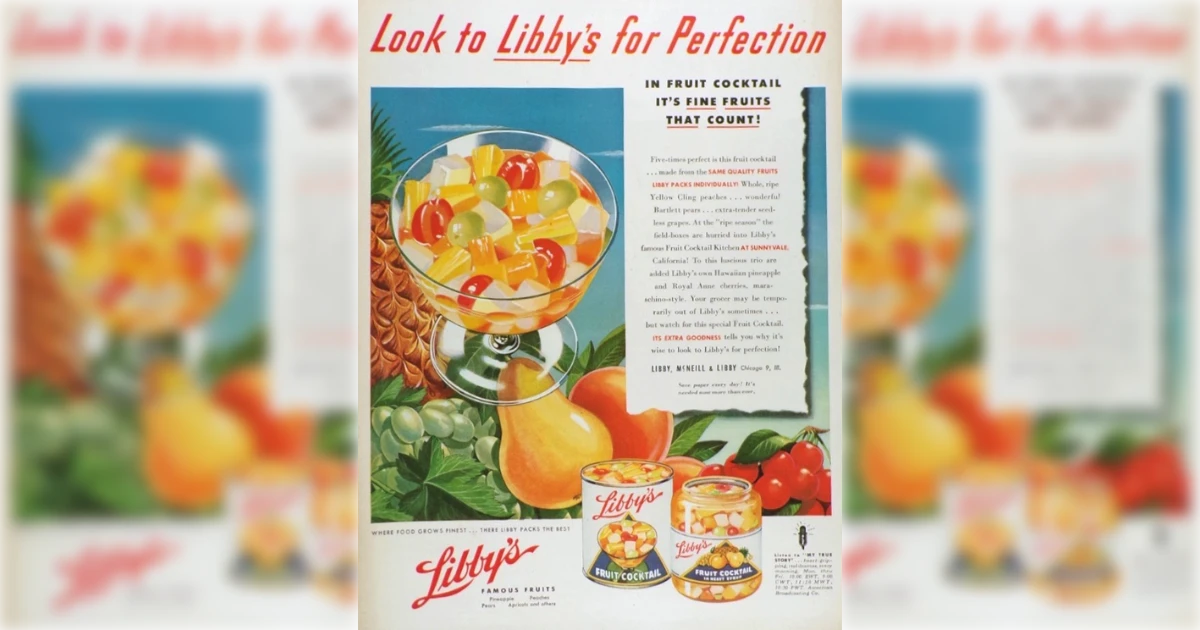
Nestlé acquires Libby’s, a canned goods brand.
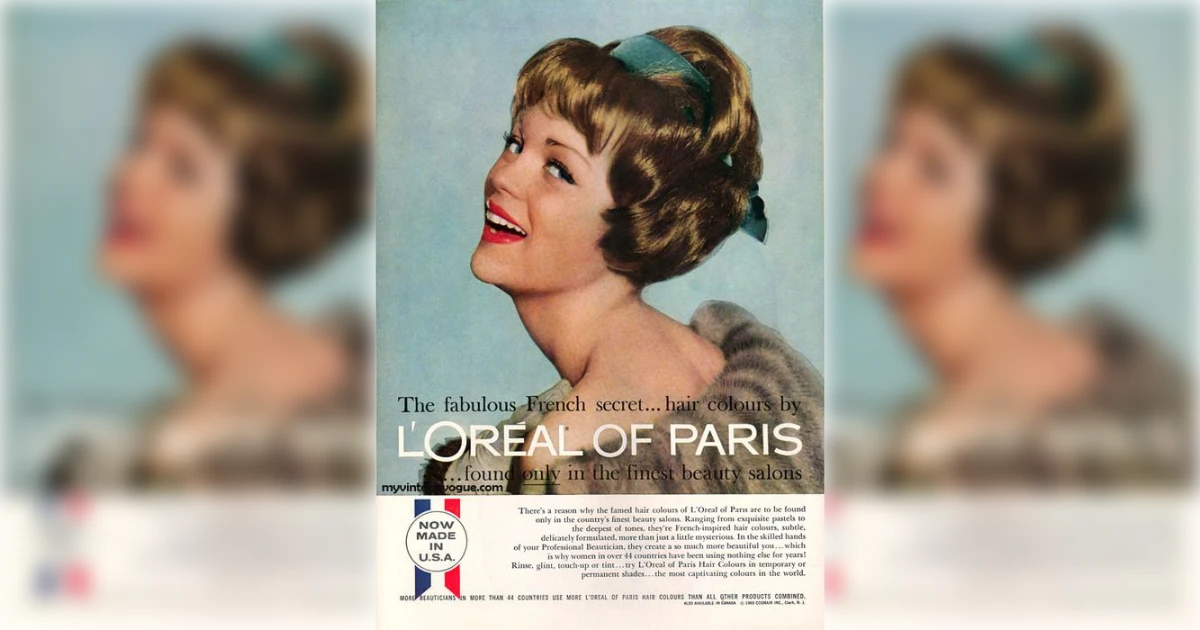
Nestlé diversifies beyond food and drink, becoming a minority shareholder in global cosmetics company L’Oréal.
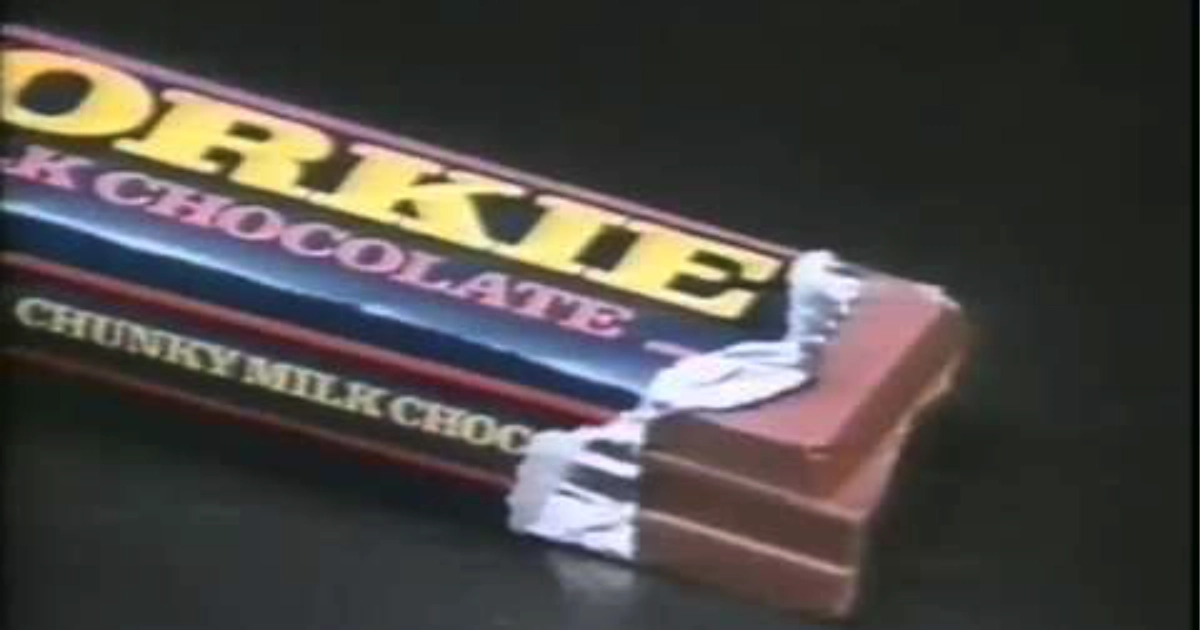
Rowntree's introduces Yorkie and Lion bars (acquired by Nestlé in 1988).
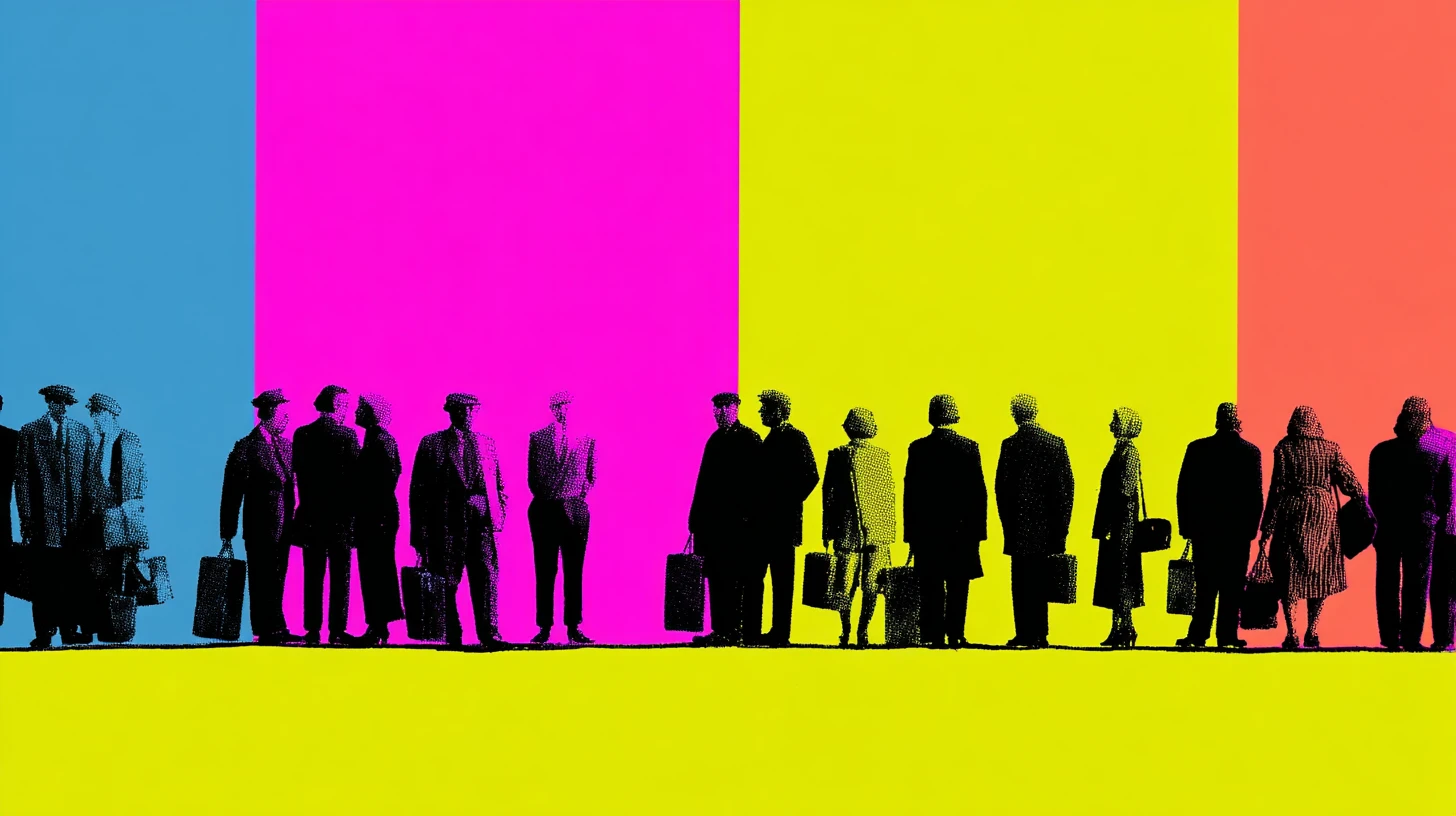
The Infant Formula Action Coalition (INFACT) launches a boycott against Nestlé on July 4, 1977, in Minneapolis over aggressive marketing of baby formula in developing countries. The boycott becomes the largest non-union boycott in history.
Company adopts current name ‘Nestlé S.A.’
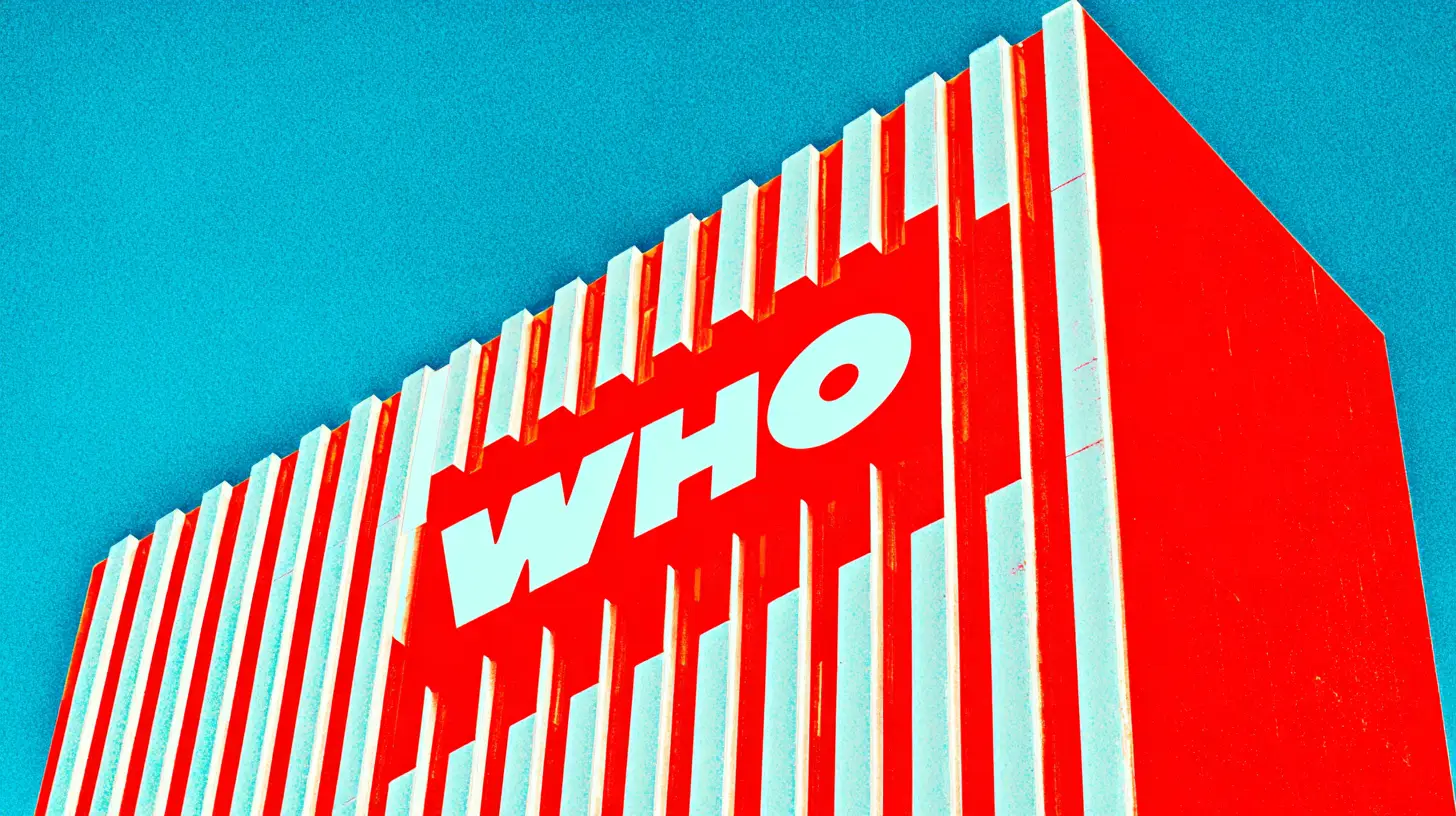
The World Health Organization adopts a code regulating the marketing of breast-milk substitutes. One hundred eighteen countries vote in favor, with only the US voting against.
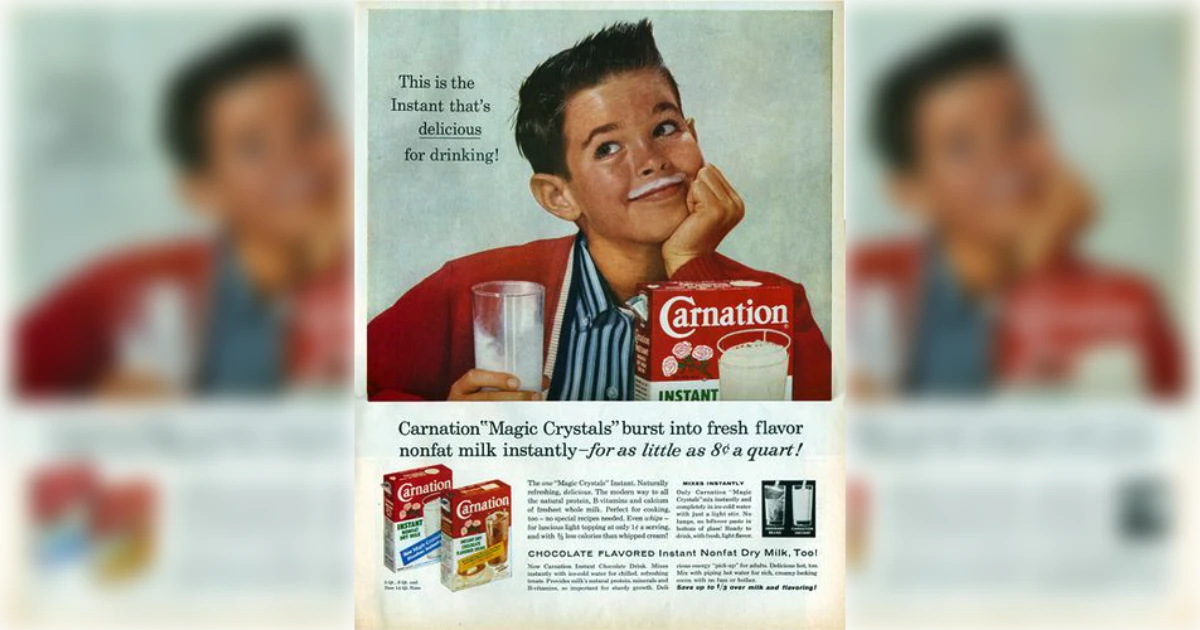
Nestlé acquires Carnation Company for $3 billion, bringing the evaporated milk brand, Coffee-Mate, and Friskies pet food to its portfolio.
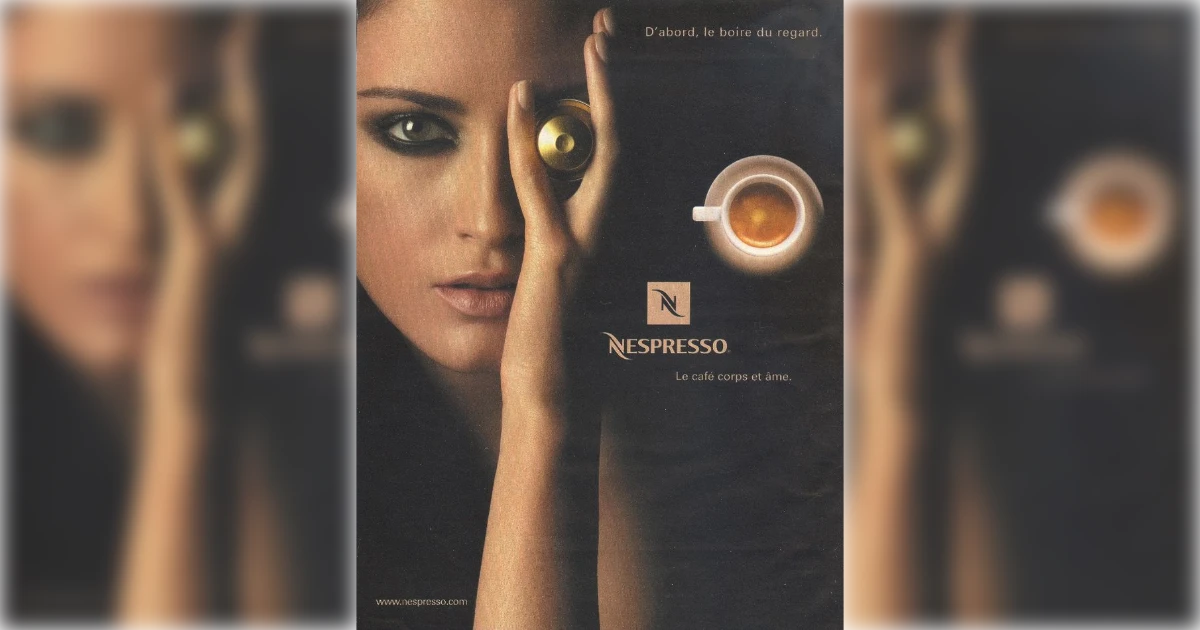
Nestlé founds Nespresso S.A.
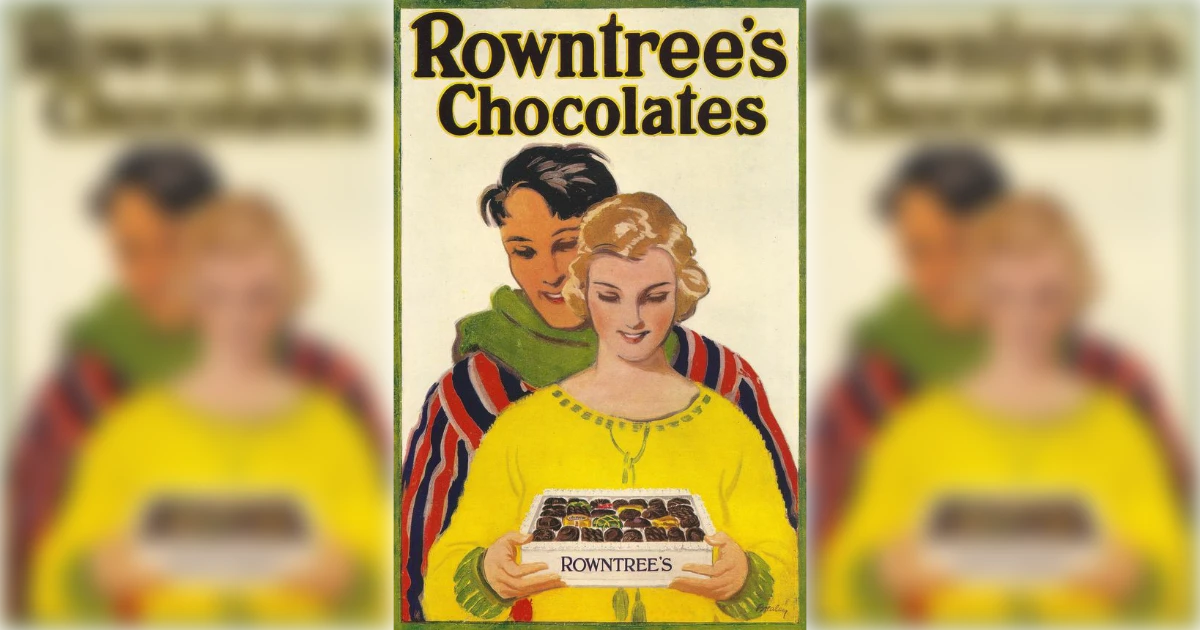
Nestlé acquires British confectionery company Rowntree Mackintosh for $4.5 billion, gaining brands including Kit Kat, Rolo, Smarties, and Aero. This makes Nestlé the world’s largest chocolate and candy producer.
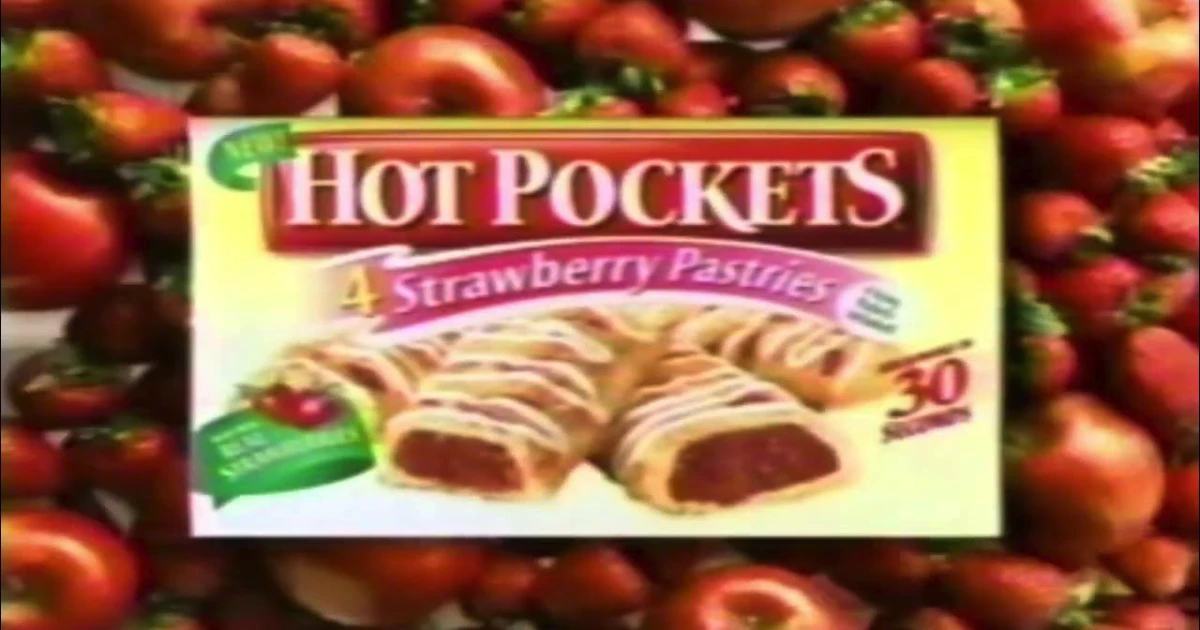
Various acquisitions including San Pellegrino (1997), Spillers Petfoods (1998), Ralston Purina (2002 for $10.3 billion), and Chef America/Hot Pockets ($2.6 billion).
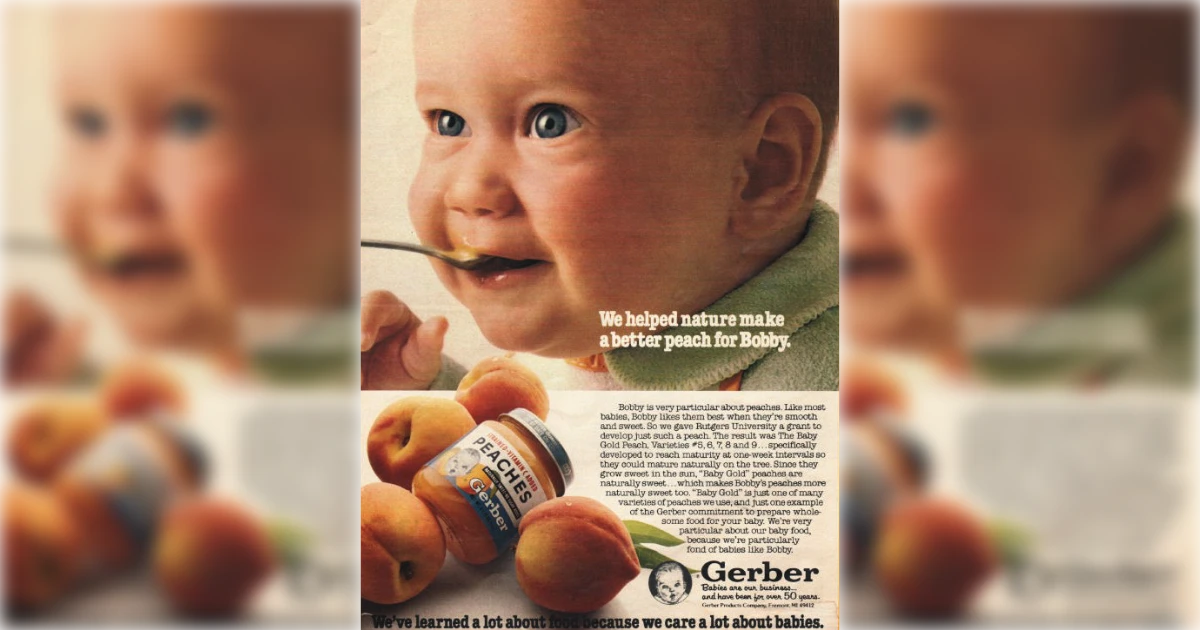
Nestlé acquires US baby-food manufacturer Gerber for $5.5 billion, returning to its infant nutrition origins.
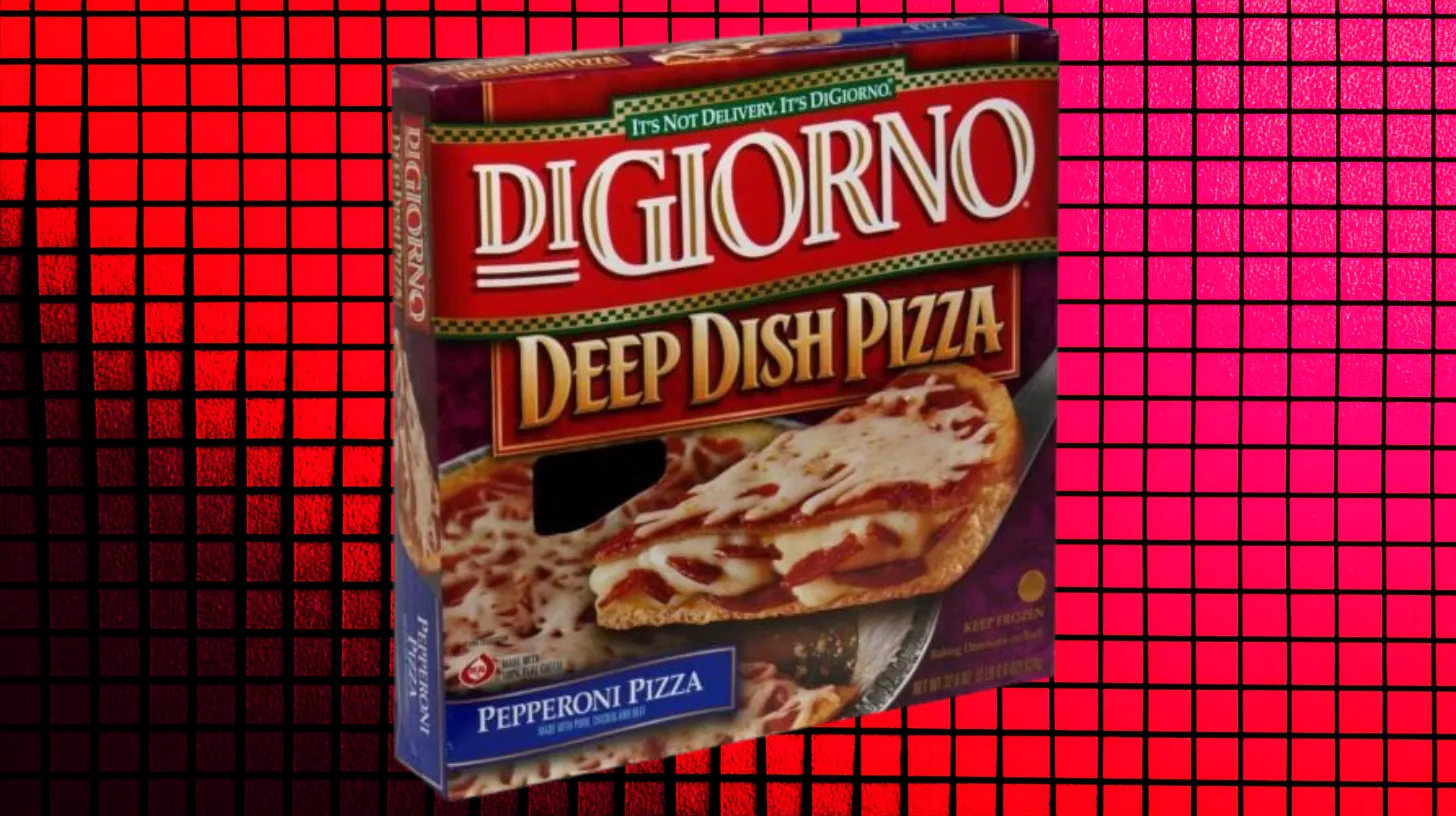
Nestlé purchases Kraft Foods’ North American frozen pizza business for $3.7 billion, including DiGiorno, Tombstone, and California Pizza Kitchen brands.
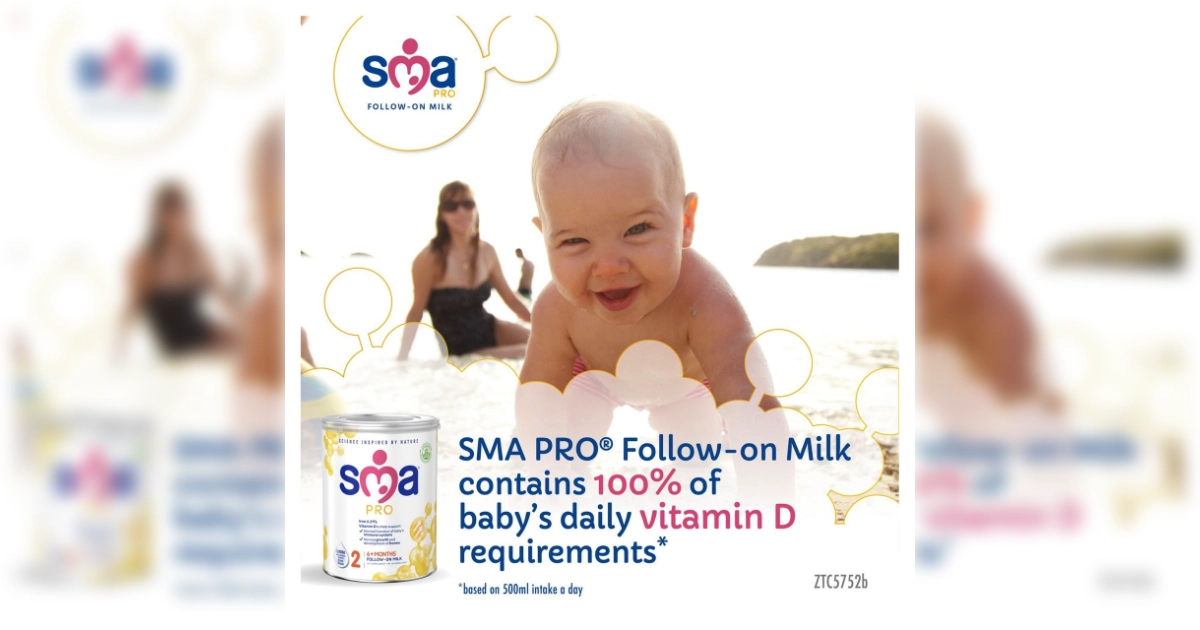
Nestlé acquires Pfizer Inc Infant Nutrition for $11.9 billion.
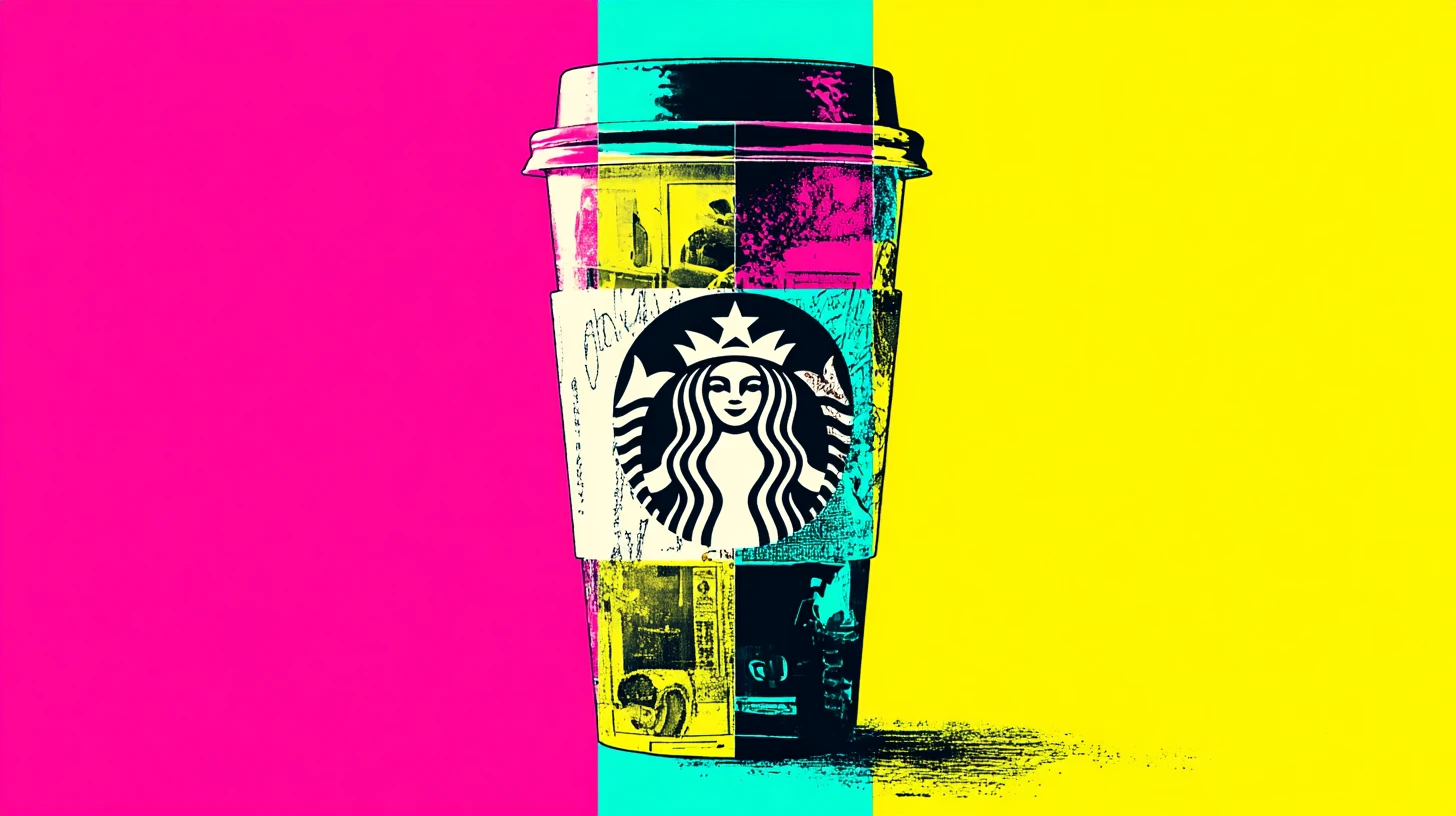
Nestlé strikes a $7.15 billion distribution deal with Starbucks, allowing global distribution of Starbucks coffee products.